

Articles
How To Store Cooked Tofu
Modified: October 19, 2024
Learn the best methods for storing cooked tofu in this helpful article. Discover tips and tricks to keep your tofu fresh and delicious for longer.
(Many of the links in this article redirect to a specific reviewed product. Your purchase of these products through affiliate links helps to generate commission for Storables.com, at no extra cost. Learn more)
Introduction
When it comes to vegan and vegetarian diets, tofu has become a popular and versatile protein source. Whether you’re a tofu enthusiast or just starting to explore its culinary possibilities, proper storage is essential to maintaining its freshness and flavor. While storing raw tofu is relatively straightforward, many people wonder how to store cooked tofu to maximize its shelf life and prevent it from spoiling.
Properly storing cooked tofu not only ensures its longevity but also allows you to conveniently enjoy it in a variety of dishes. Whether you plan to use it in salads, stir-fries, or as a protein-packed addition to grain bowls, the way you store your cooked tofu can make a big difference in its taste and texture.
In this article, we will explore the importance of storing cooked tofu properly and discuss the best practices for doing so. We will also cover various storage options, such as refrigeration, freezing, and storing in oil, and provide tips to help you maintain the quality of your stored cooked tofu. So, let’s dive in!
Key Takeaways:
- Properly storing cooked tofu is crucial for maintaining its quality, flavor, and safety. Whether refrigerating, freezing, or storing in oil, following best practices and tips ensures longevity and deliciousness.
- Refrigeration, freezing, or storing in oil are effective methods for extending the shelf life of cooked tofu. By following essential tips and techniques, you can enjoy the convenience and versatility of tofu in various dishes while minimizing waste.
Read more: How To Store Tofu
Why is it important to store cooked tofu properly?
Properly storing cooked tofu is crucial to maintain its quality and prevent bacterial growth. When tofu is cooked, it becomes more susceptible to spoilage due to its higher moisture content. Failure to store cooked tofu properly can result in the growth of harmful bacteria, leading to foodborne illnesses.
Poor storage practices can also affect the taste and texture of cooked tofu. Without proper storage, tofu can become dry, tough, or develop an unpleasant odor. By following the correct storage guidelines, you can ensure that your cooked tofu maintains its delicious flavor, tender texture, and optimal freshness.
Additionally, storing cooked tofu properly allows you to plan ahead and save time in meal preparation. By having cooked tofu readily available, you can easily incorporate it into your favorite recipes without the need for additional cooking. This convenience can be especially beneficial during busy periods when you want to enjoy a quick and nutritious meal.
Lastly, proper storage of cooked tofu helps reduce food waste. By extending the shelf life of cooked tofu, you can avoid throwing away any leftovers or unused portions. This not only saves money but also promotes sustainability by minimizing food waste.
Overall, storing cooked tofu properly is vital for food safety, maintaining taste and texture, preserving convenience, and reducing food waste. With the right storage techniques, you can enjoy the full flavor and benefits of cooked tofu while ensuring its longevity.
Best practices for storing cooked tofu
To maintain the quality and freshness of cooked tofu, it is important to follow these best practices for storage:
- Cool it down: Allow cooked tofu to cool completely before storing. Placing hot tofu in the refrigerator can increase the risk of condensation, which can lead to spoilage. Give it some time to reach room temperature before moving it to the fridge or freezer.
- Separate sauce or marinade: If the cooked tofu has been marinated or cooked in sauce, it is best to separate it from the liquid before storage. Excess marinade or sauce can soften the tofu and affect its texture. Store the tofu and the sauce separately in airtight containers.
- Use airtight containers: Store cooked tofu in airtight containers to prevent exposure to air and moisture. This helps maintain its texture and prevents it from absorbing unwanted odors from other foods in the fridge.
- Label and date: To keep track of the freshness of cooked tofu, label the containers with the date of storage. This will help you identify when it needs to be used or discarded.
- Store in small portions: Divide the cooked tofu into smaller portions before storing. This allows you to only defrost or use the amount you need, minimizing food waste and ensuring the remaining tofu stays fresh.
- Keep away from strong odors: Store cooked tofu away from strong-smelling foods, such as onions or garlic. Tofu can easily absorb odors, which can affect its taste and aroma.
- Rotate and use within a few days: For the best flavor and texture, try to use stored cooked tofu within 3-4 days. Rotate the containers to ensure that the oldest tofu is used first.
By following these best practices, you can extend the shelf life of your cooked tofu and maintain its quality for longer periods.
Option 1: Refrigerating cooked tofu
Refrigeration is one of the most common methods for storing cooked tofu. Follow these steps to ensure optimal storage:
- Cool it down: Allow the cooked tofu to cool completely to room temperature before refrigerating it. Placing hot tofu in the fridge can lead to condensation, which can promote bacterial growth and spoilage.
- Transfer to airtight containers: Place the cooled tofu in airtight containers or wrap it tightly with plastic wrap. This helps prevent air exposure and keeps the tofu moist.
- Label and date: Label the containers with the date of storage to track freshness. This will help you use the tofu within a suitable time frame.
- Store in the fridge: Place the containers of cooked tofu in the refrigerator. The optimal temperature for storing cooked tofu is between 35 to 40 degrees Fahrenheit (2 to 4 degrees Celsius).
When stored correctly in the refrigerator, cooked tofu can last for 3 to 4 days. However, it is important to note that the texture of tofu may change slightly and become firmer after refrigeration.
Refrigerated cooked tofu can be used directly in cold dishes, salads, or sandwiches. It can also be reheated by pan-frying or baking to regain some of its original texture and warmth.
Remember to always check for any signs of spoilage, such as an off odor or slimy texture, before consuming refrigerated cooked tofu. If you notice any signs of spoilage, it’s best to discard it to avoid foodborne illnesses.
Refrigeration provides a convenient storage option for cooked tofu, allowing you to enjoy its taste and texture for a few more days while keeping it safe and fresh.
Store cooked tofu in an airtight container in the refrigerator for up to 5 days. To maintain its texture, place a paper towel in the container to absorb excess moisture.
Option 2: Freezing cooked tofu
Freezing cooked tofu is an excellent option if you want to extend its shelf life for a longer period. Here’s how you can freeze cooked tofu:
- Cool it down: Allow the cooked tofu to cool completely at room temperature before freezing. Placing hot tofu directly in the freezer can lead to ice crystals forming and affect the texture.
- Divide into portions: If you have a large batch of cooked tofu, consider dividing it into smaller portions. This allows you to defrost only the amount you need, reducing food waste.
- Wrap with freezer-safe materials: Wrap each portion of cooked tofu tightly with plastic wrap or aluminum foil. Alternatively, you can place the portions in freezer-safe bags or containers.
- Label and date: Always label the wrapped portions with the date of freezing to keep track of their freshness. This will help you use them within a reasonable timeframe.
- Store in the freezer: Place the wrapped portions of cooked tofu in the freezer. The optimal temperature for freezing tofu is 0 degrees Fahrenheit (-18 degrees Celsius) or lower.
When stored properly in the freezer, cooked tofu can last for up to 3 months. Freezing can cause the texture of tofu to become slightly firmer and chewier. However, the flavor remains intact, making it a great option for future use in various dishes.
To use frozen cooked tofu, simply thaw it in the refrigerator overnight or defrost it using the microwave on a low power setting. Once thawed, you can incorporate it into stir-fries, soups, or other cooked dishes. Note that the texture of thawed tofu may be slightly different from its fresh state.
It is important to mention that freezing tofu can change its texture, making it more porous and absorbent. This makes it ideal for soaking up marinades or sauces when using it in cooking.
Remember to check for any signs of freezer burn or an unpleasant odor before using frozen cooked tofu. If you notice any signs of spoilage, it’s best to discard it.
Freezing cooked tofu is a fantastic way to preserve its quality and extend its shelf life. By following these steps, you can enjoy the versatility of tofu even after a longer period of storage.
Read more: How To Store Uncooked Tofu
Option 3: Storing cooked tofu in oil
Another method for storing cooked tofu is to immerse it in oil. This technique helps to preserve the flavors and textures of the tofu while adding an additional layer of protection. Here’s how you can store cooked tofu in oil:
- Cool it down: Allow the cooked tofu to cool completely before storing it in oil. Placing hot tofu in oil can affect its texture and increase the risk of spoilage.
- Choose a suitable oil: Select a neutral-tasting oil with a high smoke point, such as canola oil or grapeseed oil. These oils are less likely to impart their flavor on the tofu.
- Cut tofu into small pieces: If your cooked tofu is in larger pieces, consider cutting it into smaller cubes or slices. This allows for easier storage and portioning.
- Place in an airtight container: Place the tofu pieces in a clean, airtight container, leaving some space between them. This will allow the oil to coat each piece of tofu evenly.
- Fill the container with oil: Pour the chosen oil into the container, ensuring that all the tofu pieces are fully submerged. The oil acts as a protective barrier against air and helps prevent spoilage.
- Seal the container: Seal the container tightly to prevent air from entering and spoiling the tofu. Make sure the container is leak-proof to avoid any oil spills or leaks.
- Store in the refrigerator: Place the container of tofu immersed in oil in the refrigerator. The cool temperature will help maintain the freshness and quality of the tofu.
When stored in oil in the refrigerator, the cooked tofu can last for up to one week. The oil will solidify in the fridge but will liquify again when removed and left at room temperature for a short period.
When ready to use the tofu, simply remove it from the oil, drain off any excess, and incorporate it into your desired recipes. The tofu will have a slightly oily texture, but this can be minimized by patting it dry with a paper towel before cooking or serving.
It’s important to note that storing cooked tofu in oil may increase the calorie content and fat content of the tofu due to the oil absorption. Make sure to consider this when portioning and incorporating the tofu into your meals.
Storing cooked tofu in oil provides a unique and flavorful way to preserve its freshness and enhance its taste. Give it a try for a convenient and delightful storage option!
Tips for maintaining the quality of stored cooked tofu
To ensure that your stored cooked tofu remains fresh, flavorful, and safe to eat, consider these helpful tips:
- Properly label and date: Always label your containers of stored cooked tofu with the date of storage. This will help you keep track of its freshness and use it within a suitable timeframe.
- Rotate your stock: When storing multiple containers of cooked tofu, make sure to use the older ones first. This ensures that no tofu goes to waste and helps maintain quality by avoiding prolonged storage.
- Monitor for signs of spoilage: Regularly check your stored cooked tofu for any signs of spoilage, such as an off odor, unusual texture, or mold growth. If you notice anything suspicious, discard the tofu to prevent foodborne illnesses.
- Handle with clean utensils: When accessing stored cooked tofu, always use clean utensils to prevent introducing harmful bacteria or contaminants. Avoid using hands or utensils that have touched other foods.
- Avoid cross-contamination: Store cooked tofu separately from raw meat, poultry, or seafood to prevent cross-contamination. Keep them in different containers or on different shelves to minimize the risk of harmful bacteria spreading.
- Frequently check storage conditions: Regularly ensure that your fridge or freezer is operating at the correct temperature. For cooked tofu, the optimal storage temperature is in the refrigerator between 35 to 40 degrees Fahrenheit (2 to 4 degrees Celsius) and in the freezer at 0 degrees Fahrenheit (-18 degrees Celsius) or lower.
- Use airtight containers: Store cooked tofu in airtight containers to prevent exposure to air, which can lead to moisture loss and quality deterioration. This also helps prevent the absorption of unwanted odors from other foods in the fridge.
- Practice proper defrosting: When thawing frozen cooked tofu, do so in the refrigerator overnight or using the defrost setting on your microwave. Avoid thawing at room temperature to minimize the risk of bacterial growth.
- Consider storage alternatives: If you don’t plan on using all the cooked tofu within a few days, consider freezing it for longer storage capability. Freezing not only extends shelf life but also helps maintain the texture and flavor of the tofu.
- Trust your senses: Your senses are great indicators of the quality of stored cooked tofu. Smell for any off odors, look for any visual changes, and carefully evaluate the texture before consuming.
By following these tips, you can ensure that your stored cooked tofu remains safe to eat, maintains its quality, and provides a delicious addition to your favorite dishes.
Conclusion
Properly storing cooked tofu is essential for maintaining its quality, flavor, and safety. By following the best practices outlined in this article such as refrigerating, freezing, or storing tofu in oil, you can extend its shelf life and effortlessly incorporate it into various recipes.
Refrigeration is a convenient and common method for short-term storage of cooked tofu. By cooling it down and storing it in airtight containers, you can enjoy its freshness for up to 3-4 days. Freezing cooked tofu, on the other hand, allows for longer storage of up to 3 months. Dividing it into smaller portions and wrapping it tightly helps preserve its texture and flavor. Storing cooked tofu in oil provides an alternative option, adding an extra layer of protection and enhancing the taste.
To maintain the quality of stored cooked tofu, adhere to essential tips such as labeling and dating containers, rotating your stock, monitoring for signs of spoilage, using clean utensils, and avoiding cross-contamination. Additionally, be mindful of storage conditions, use airtight containers, practice proper defrosting techniques, consider alternative storage options, and trust your senses when evaluating the tofu’s freshness.
With these guidelines, you can ensure that your cooked tofu remains delicious, safe to eat, and ready to be incorporated into your favorite recipes. Whether you’re preparing a salad, stir-fry, or sandwich, having properly stored cooked tofu on hand allows for convenient meal planning and enjoyable culinary experiences.
So, the next time you cook tofu, don’t forget to store it properly. By taking a few extra steps, you can enjoy the full freshness and flavors of this versatile plant-based protein for longer periods, reducing waste and maximizing your tofu’s potential.
Now that you've got the scoop on keeping cooked tofu fresh, why stop there? Dive into our comprehensive guide on food preservation methods that are perfect for any kitchen in the upcoming year. You'll find practical advice on keeping all your groceries in tip-top shape, ensuring nothing goes to waste. Don't miss out on mastering these essential skills!
Frequently Asked Questions about How To Store Cooked Tofu
Was this page helpful?
At Storables.com, we guarantee accurate and reliable information. Our content, validated by Expert Board Contributors, is crafted following stringent Editorial Policies. We're committed to providing you with well-researched, expert-backed insights for all your informational needs.

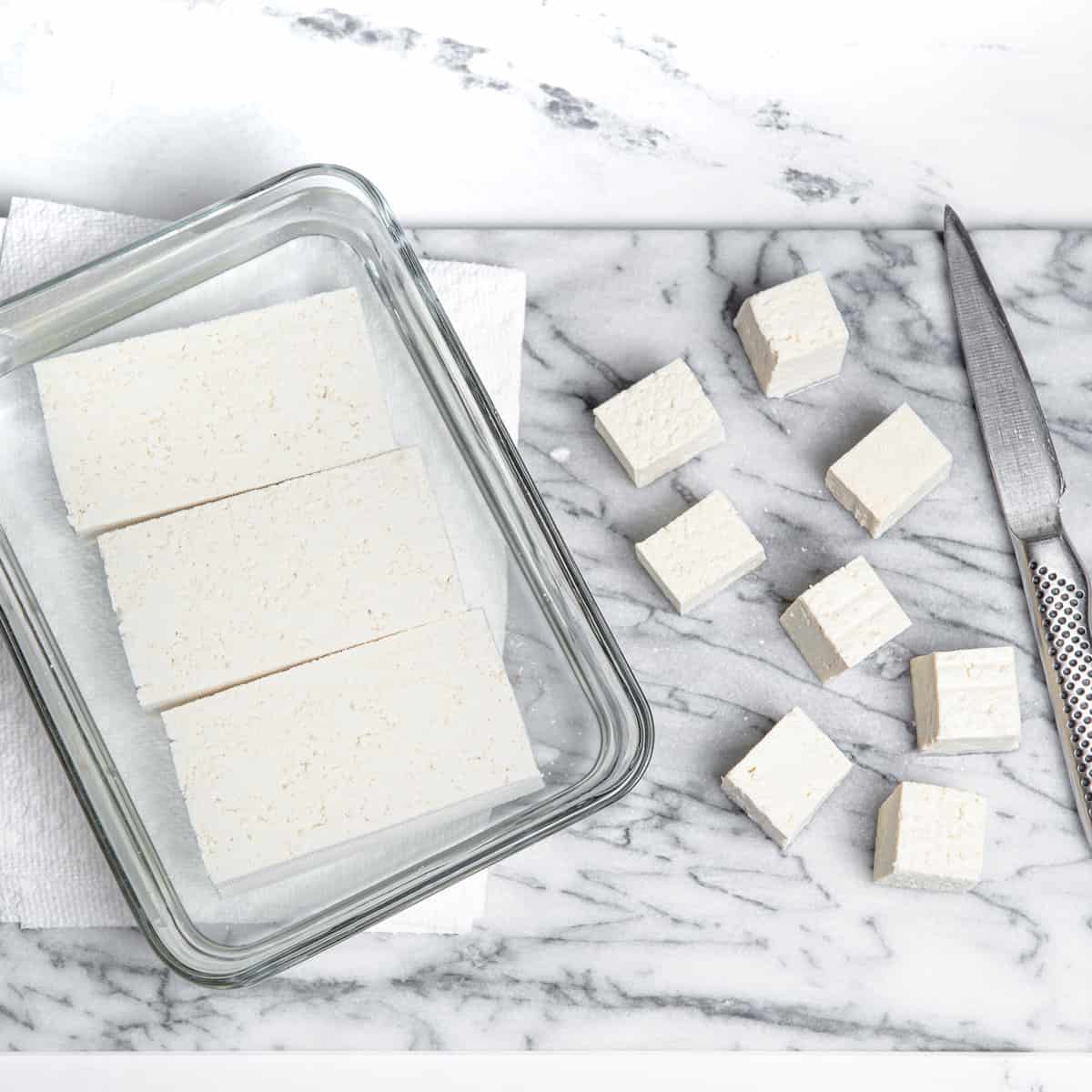
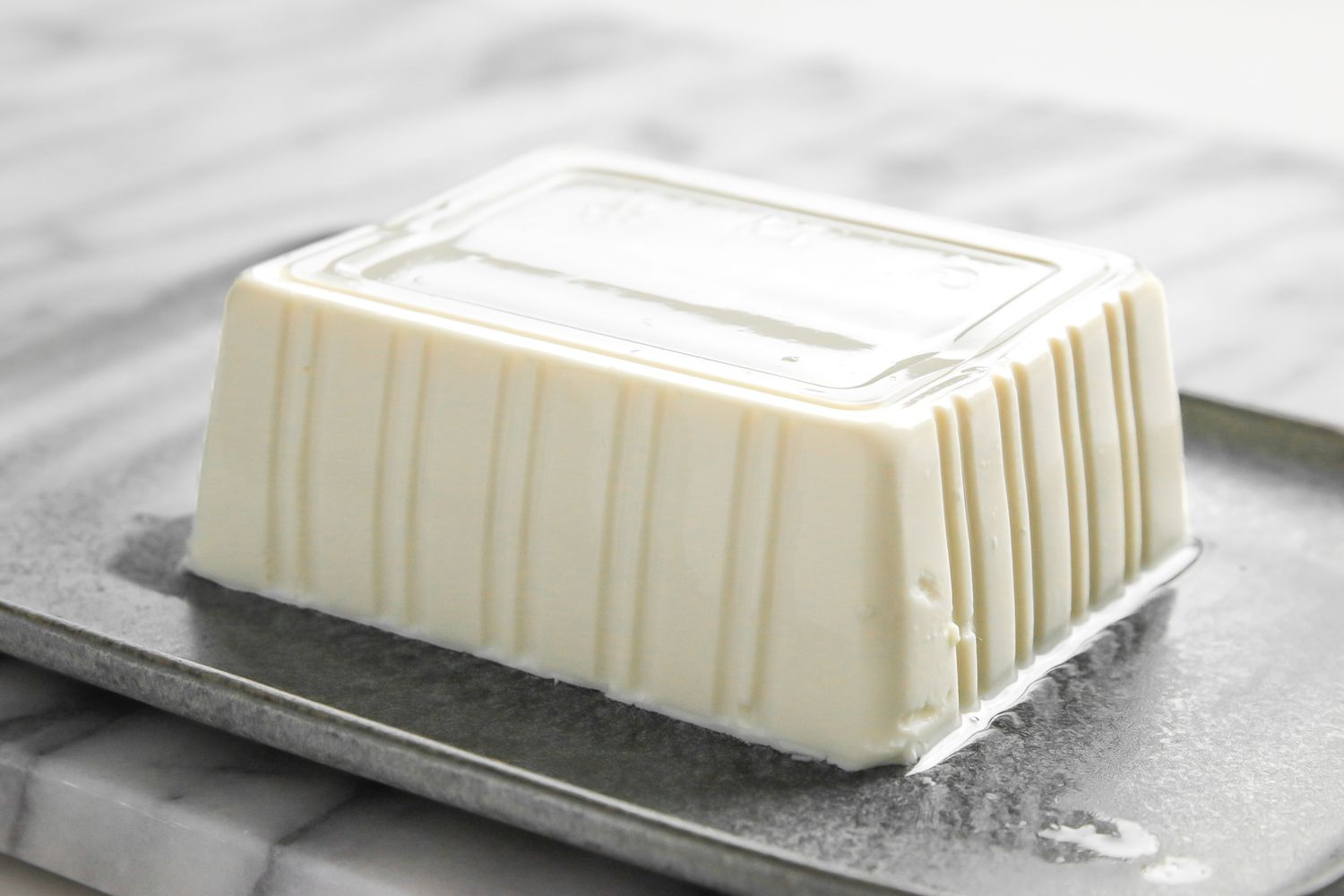
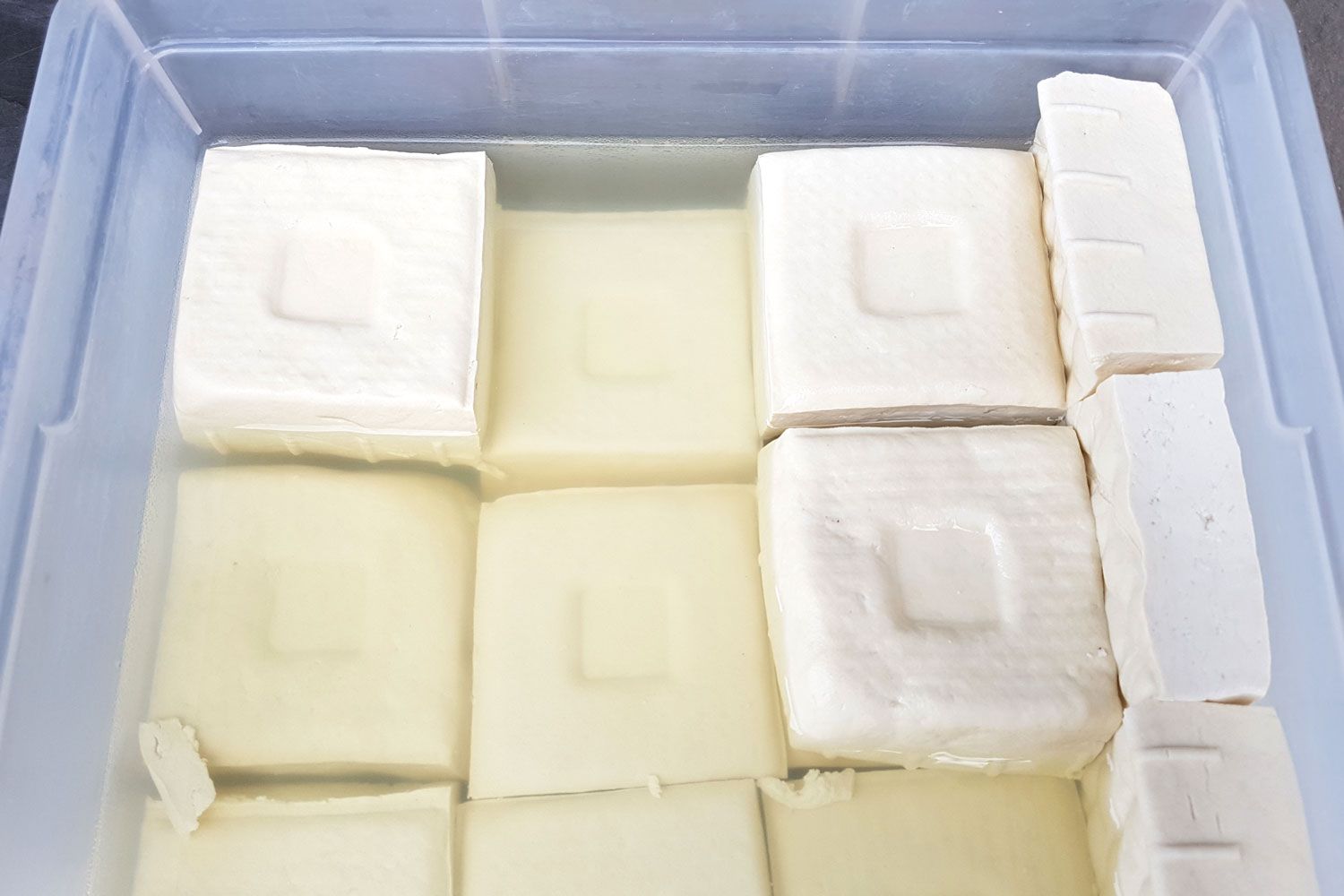
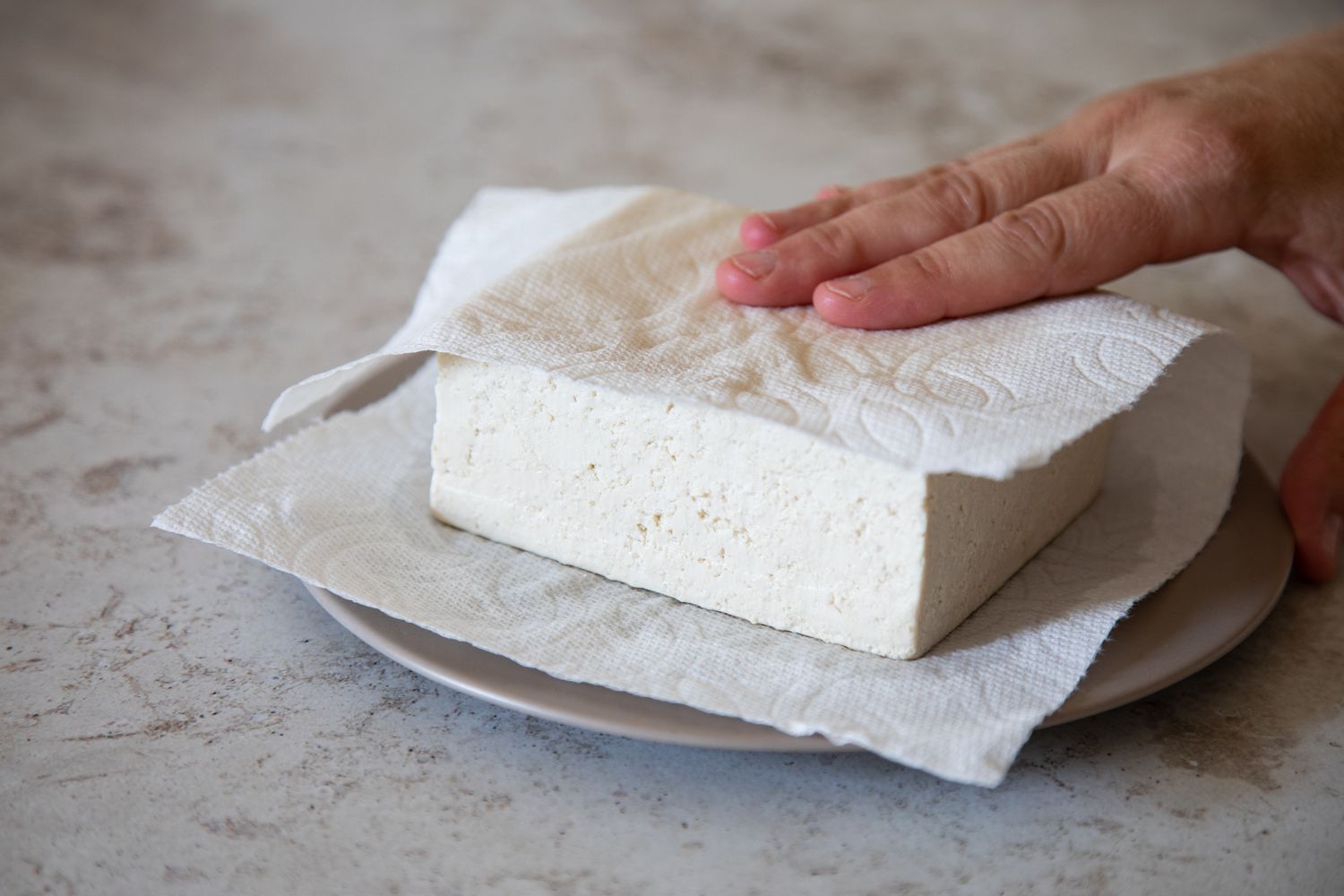
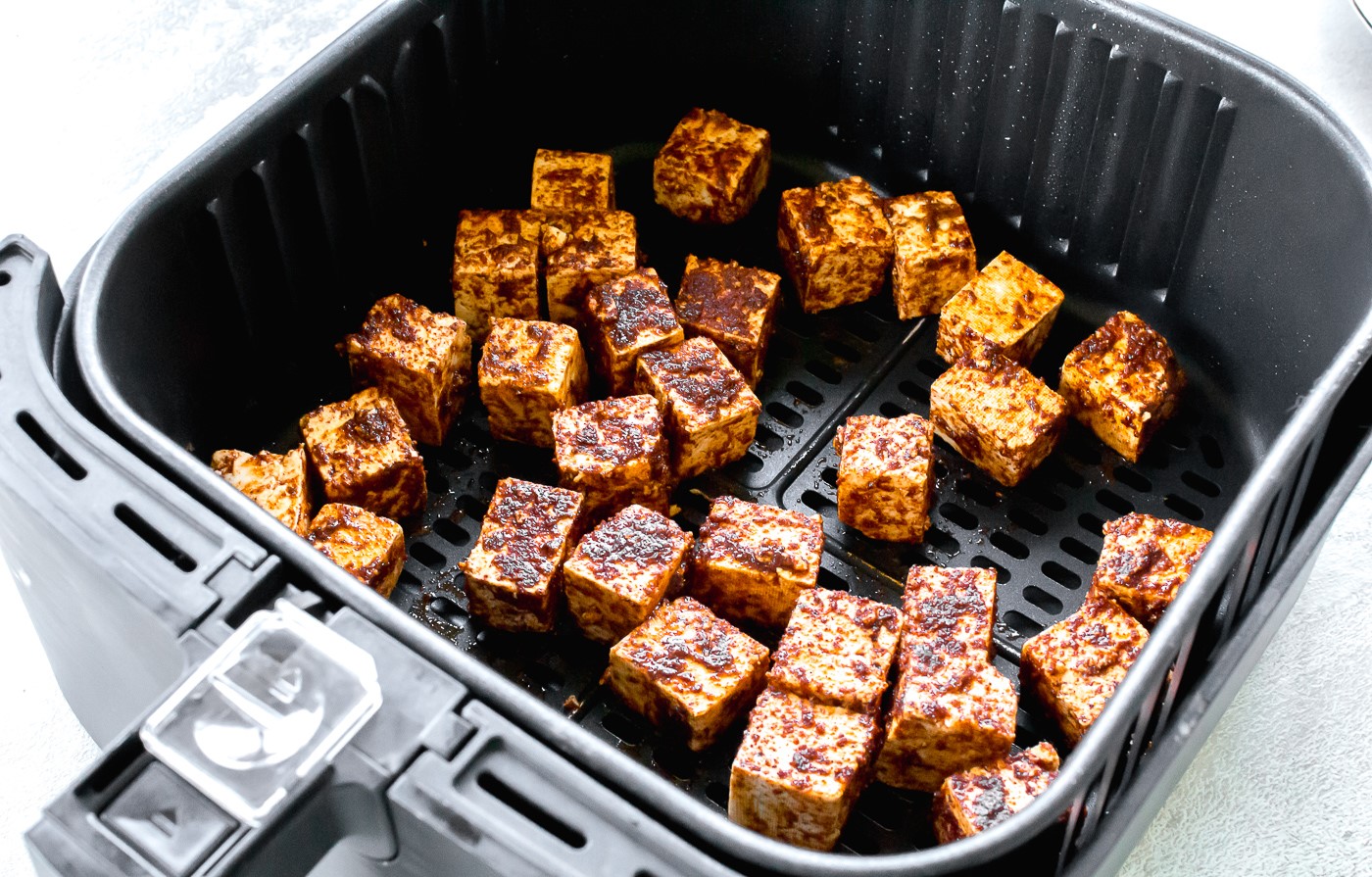
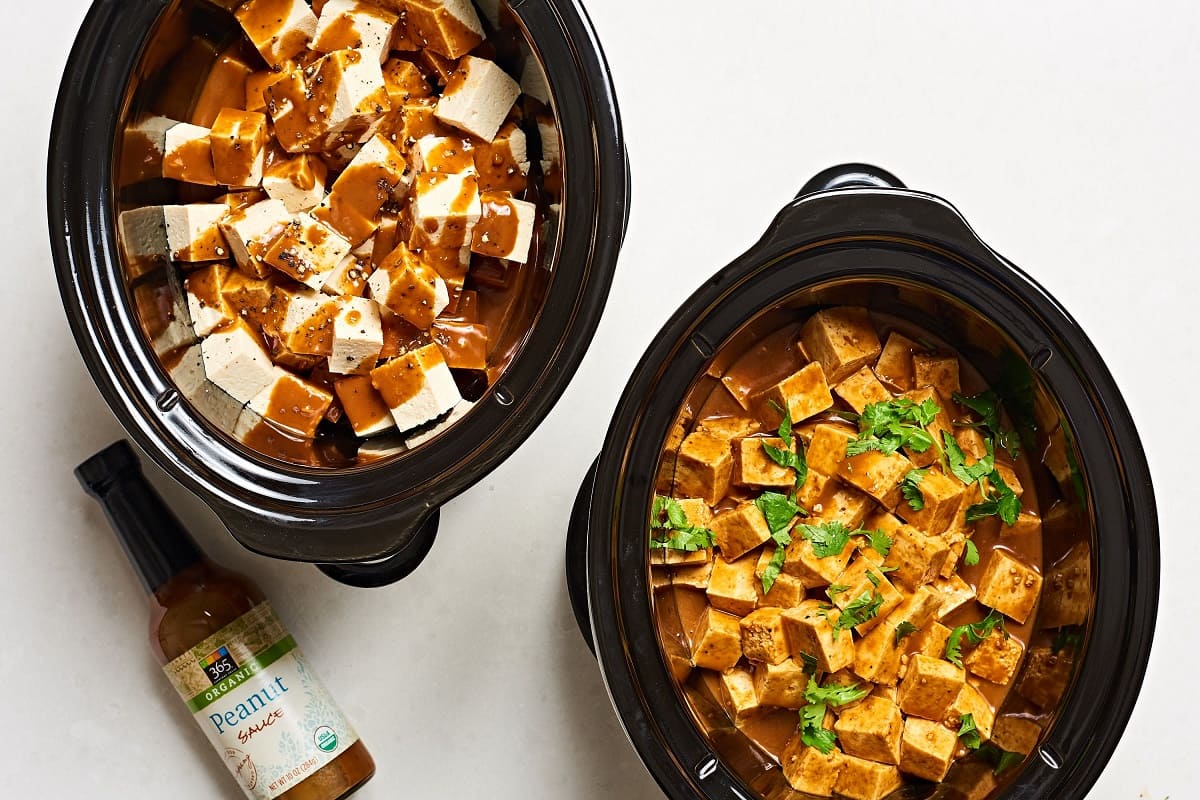

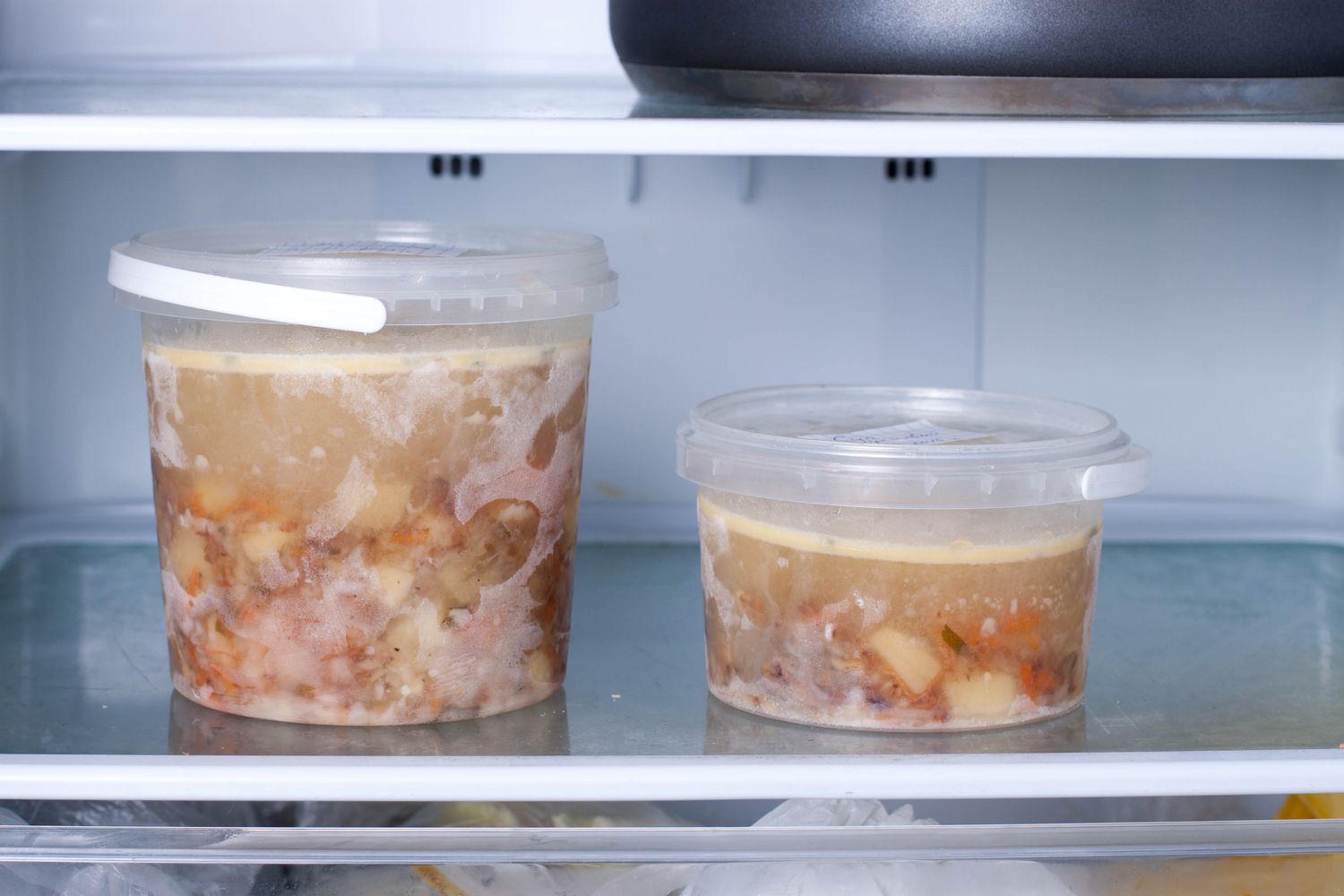


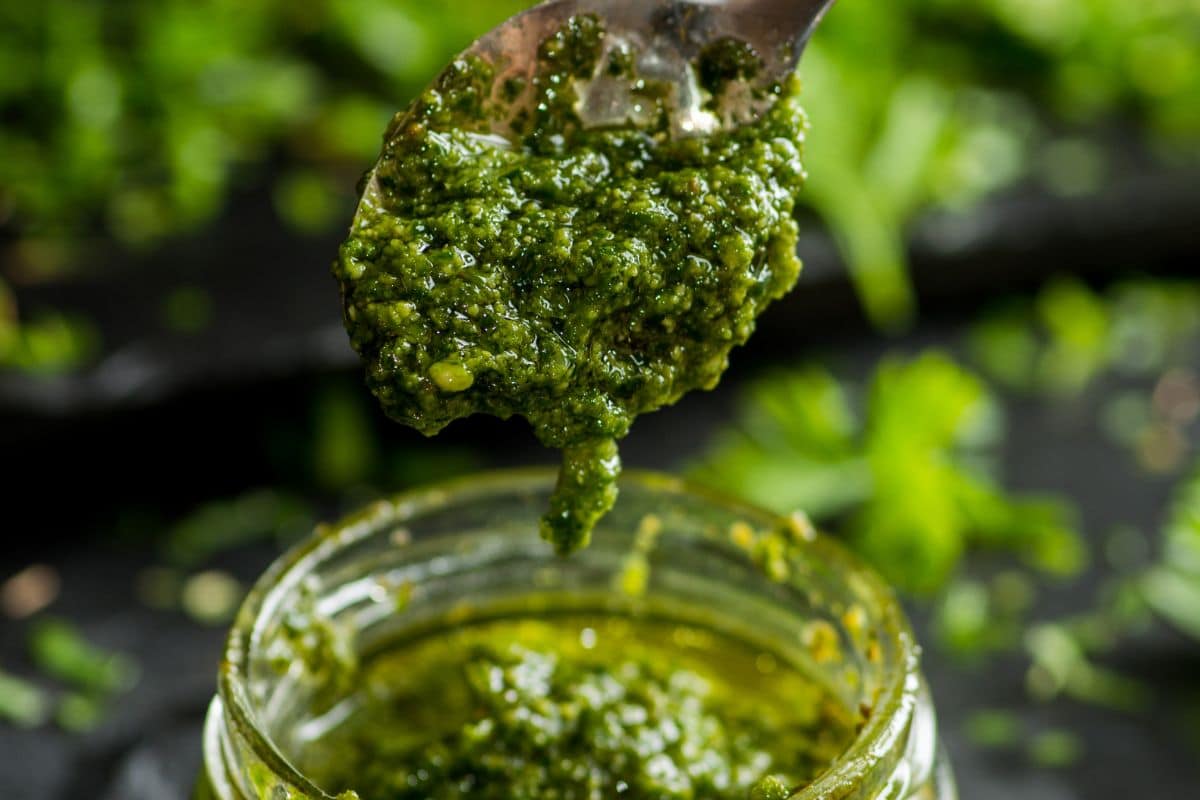
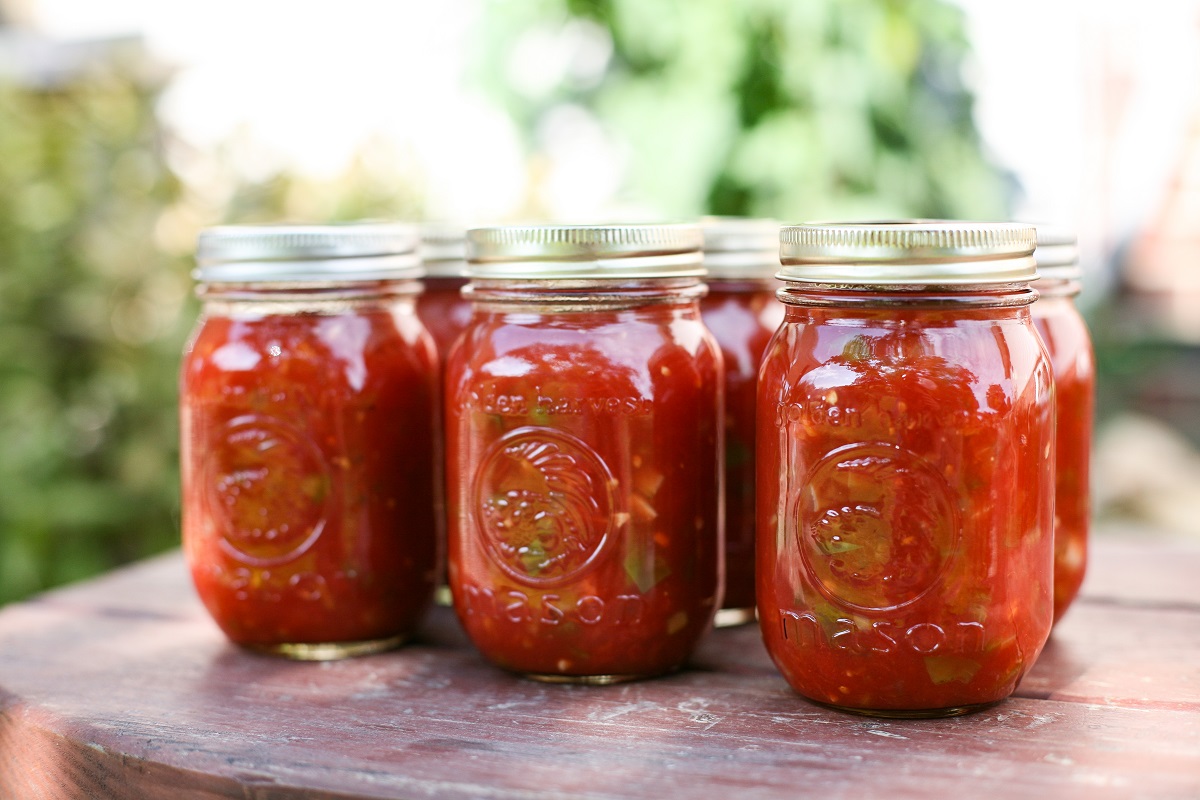
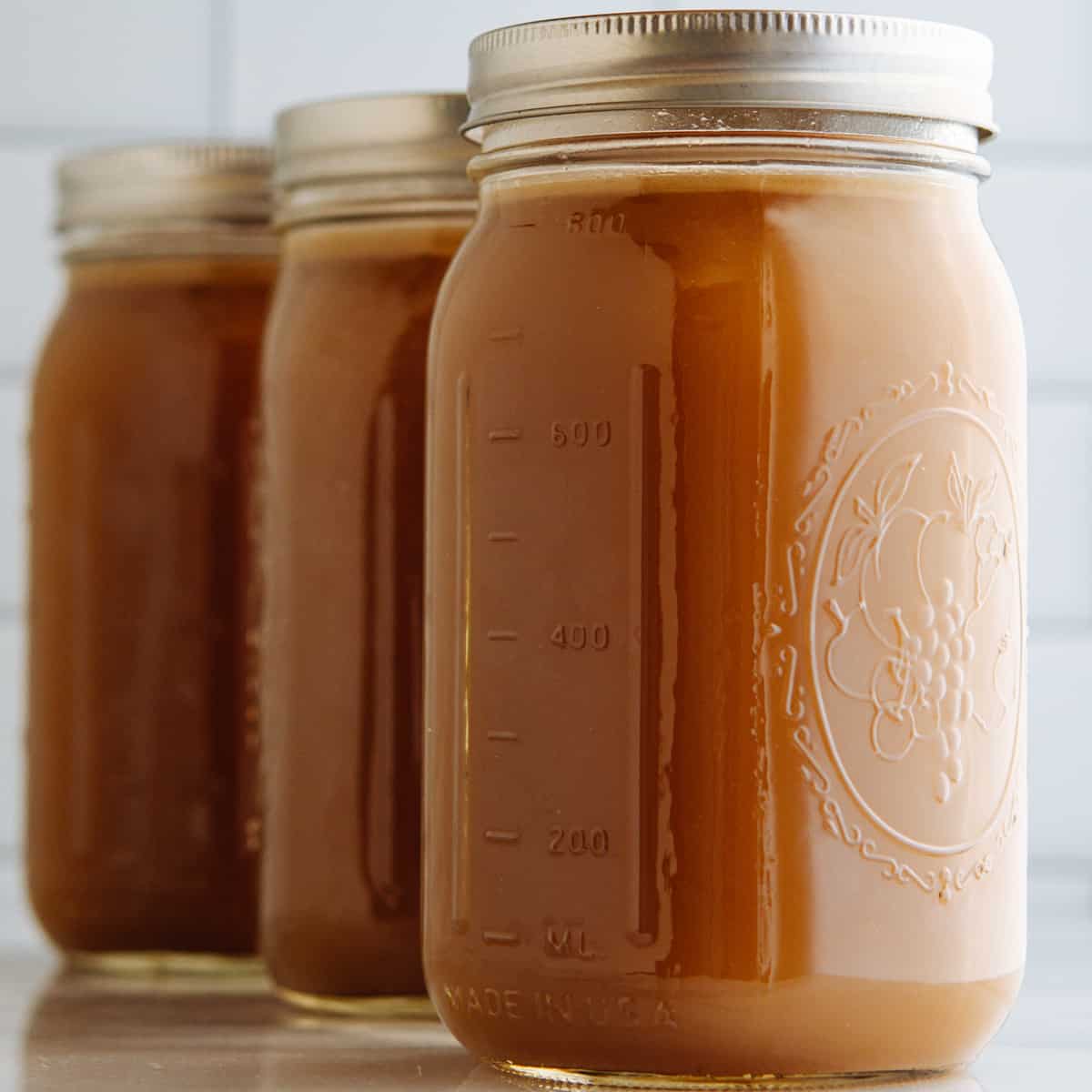

0 thoughts on “How To Store Cooked Tofu”